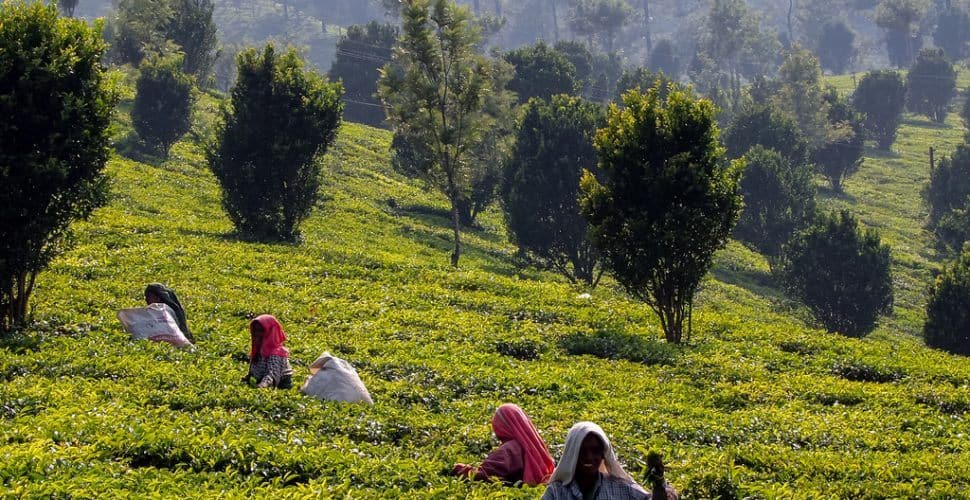Over 50 people in rural Assam, some of them tea plantation workers, have been lured into selling their kidneys by organ traffickers.
The COVID-19 pandemic has had a devastating economic impact on rural workers in the Indian state, forcing many to take out loans to get by.
The organ trafficking racket was first exposed when a person from the Dakshin Dharamtul village alleged that he was promised a substantial sum for his kidney, but did not receive the full payment.
Locals reported the case to the police, ultimately leading to the arrest of three people. Under Indian law, buying and selling of human organs is prohibited under the Transplantation of Human Organs Act.
One victim, a mason from Morigaon district, had been out of work for the last year and being in debt, had no other option but to sell his kidney. “I had no income and my wife had taken a microfinance loan. As we were debt-ridden, we decided that this (selling his kidney) was the way out,” he said.
The Federal reports:
Some of the victims also include tea plantation workers. Leaders of Assam Chah Mazdoor Sangha (ACMS) said many labourers have been approached to sell kidneys and a few have even sold their organs due to financial difficulties.
Ramu Karmakar, a tea garden worker in Dibrugarh said he sold his kidney for ₹3.5 lakh this year. Breaking down while narrating his ordeal, Karmakar said he was neck-deep in debt and didn’t resist the goading of an agent in Guwahati to sell his kidney.
Speaking to The Federal, ACMS leader Nabin Keot said the traffickers take advantage of the penury and lack of education of tea plantation workers to lure them with such offers. He said the association has urged the Assam government to take steps on the matter.
Cases have emerged in other districts as well, including Tinsukia, Dibrugarh and Nagaon districts. The victims said the financial devastation of the pandemic forced them to sell their kidneys for ₹5-₹6 lakhs ($7,000 – $8,000) to pay off debts.
Assam police say the kidney transplant operations were performed at Rabindranath Tagore International Institute of Cardiac Sciences in Kolkata. However, hospital authorities denied the allegations, stating in a press release:
“We are among India’s most ethical healthcare organisations, and we will always abide by the laws of the land. Our kidney transplant programme is one of the largest transplant centres in East India. We conduct thorough legal and medical due diligence on every transplant case coming to our hospitals. All documentation that is required by law is provided by the patients and respective state governments. Additionally, we procure affidavits sworn before a first class judicial magistrate stating that donors are bonafide. Finally, we wait for NOCs from the West Bengal and Assam state organ transplant authorisation committees before we conduct any transplant.”
Join the campaign calling on world governments to take action against forced organ harvesting and organ trafficking.







Freedom United is interested in hearing from our community and welcomes relevant, informed comments, advice, and insights that advance the conversation around our campaigns and advocacy. We value inclusivity and respect within our community. To be approved, your comments should be civil.